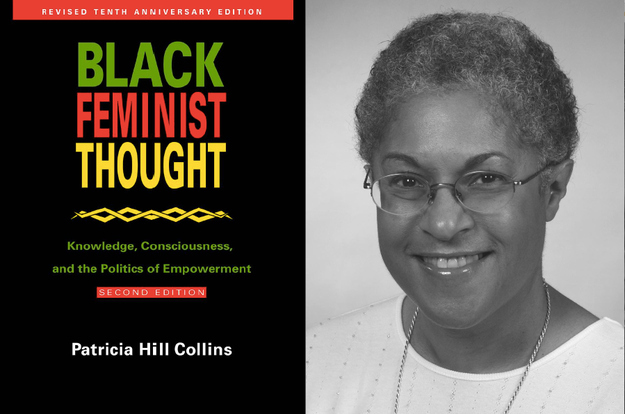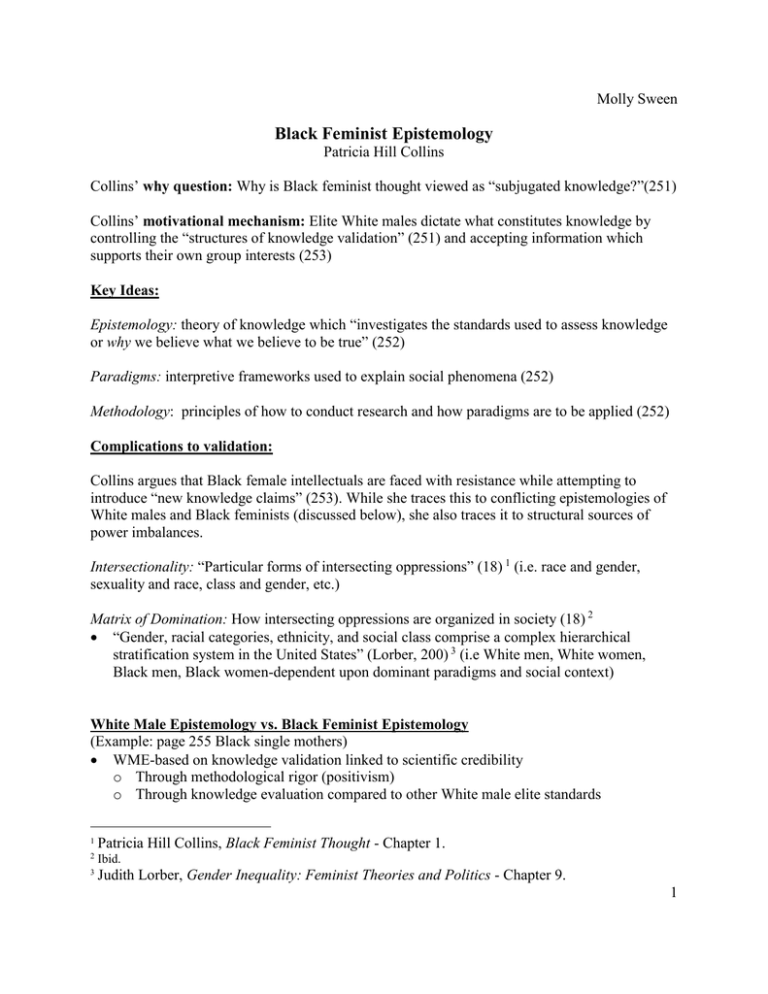
Sometimes, there is an erroneous perception that feminist philosophy is a relative newcomer within philosophy. However, feminist epistemologies are ancient, just like epistemology in general. Published work in feminist epistemologies increased significantly during the twentieth and twenty-first centuries, and this chapter will focus on this contemporary period.


Ultimately, feminist epistemologies do not separate epistemology from ethics or politics: inquiries about knowledge are considered in relation to inquiries into right and wrong, and power and oppression. She identified several European male philosophers traditionally highlighted in the history of epistemology such as John Locke (1632–1704), Immanuel Kant (1724–1804), and Bertrand Russell (1872–1970), who openly avowed the political merits of their epistemological positions (1999, 73–74). Responding to some of these critiques, Linda Martín Alcoff located feminist epistemologies in a long history of politically attuned epistemology. Sometimes, this approach has been criticized as an inappropriate “pollution” of epistemology with political considerations, especially when practiced by philosophers who are people of color or women (or both).

Photo by Valter Campanato/Agência Brasil via Wikimedia Commons. Patricia Hill Collins during a conference in Brazil. Far from being the apolitical study of truth, epistemology points to the ways in which power relations shape who is believed and why” ( 2000, 252). In Black Feminist Thought, Collins wrote that epistemology “investigates the standards used to assess knowledge or why we believe what we believe to be true. Collins’s work established a paradigm for the past thirty years of feminist epistemology. One of the most significant contemporary philosophers contributing to feminist epistemologies is Patricia Hill Collins. Indeed, feminist epistemologies value plurality: collaboration among multiple perspectives results in more complete, valid knowledge. This chapter’s title is plural- feminist epistemologies-because there is not one unified feminist epistemology.



 0 kommentar(er)
0 kommentar(er)
